- Debra Lynn Dadd
- Read Time: 7 mins

The following are some tried-and-true methods for removing toxic chemicals from your body, which will help relieve your body's toxic burden...

The following are some tried-and-true methods for removing toxic chemicals from your body, which will help relieve your body's toxic burden...

The risk is higher in some regions but where you live is not the only factor that matters. When it comes to heat, some jobs are much more dangerous, and put workers at higher risk of injury.

The ear cannot close naturally; it has no lid, no muscle, no reflex that could consciously create a barrier between our acoustic perception and the outside world. We listen to sounds from the start of life and for the duration of our entire life.

You might think air pollution can be avoided indoors. But worldwide, more than 3 billion people are exposed to it within their own homes through cooking, heating and lighting with traditional fuels.
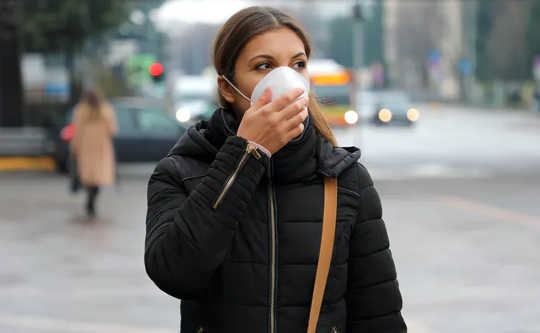
The global death toll from COVID-19 has now passed a million. To slow the spread of the disease, we need to better understand why some places have higher numbers of cases and deaths than other
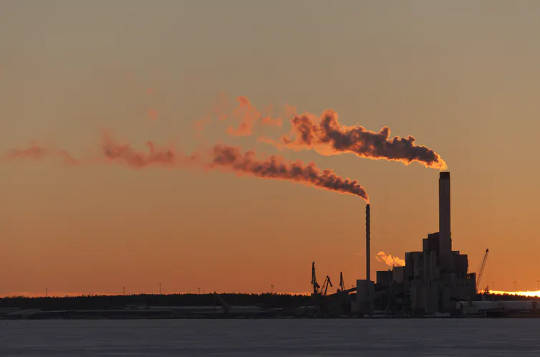
Today humans are exposed to thousands of man-made chemicals. Yet the effects on people’s health are still not fully understood.
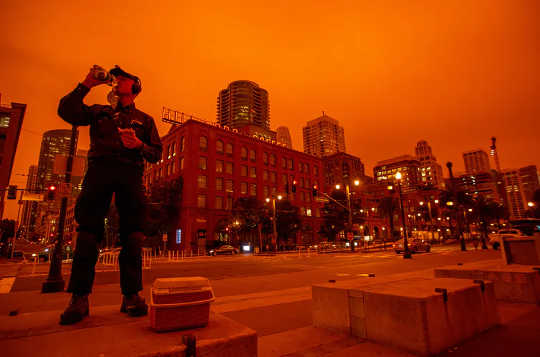
When you breathe in smoke from a wildfire, you’re probably inhaling more toxic chemicals than you realize.
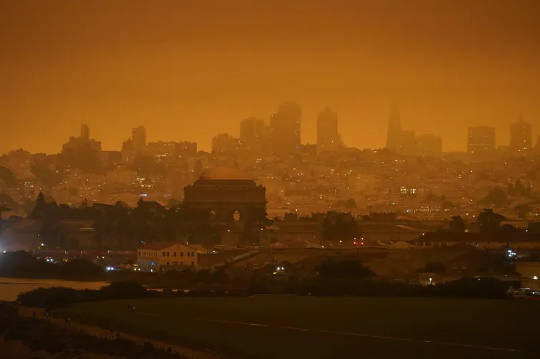
Wildfires have burned millions of acres in the western United States this year. Tens of thousands have been evacuated and thousands of buildings and other structures destroyed.
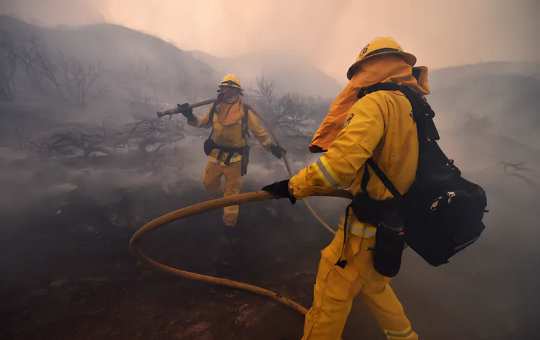
Two forces of nature are colliding in the western United States, and wildland firefighters are caught in the middle.

Asphalt is a significant source of air pollutants in urban areas, especially on hot and sunny days, according to a new study.

By 2050, 70% of the world’s population is expected to live in towns and cities. Urban living brings many benefits, but city dwellers worldwide are seeing a rapid increase in noncommunicable health problems, such as asthma and inflammatory bowel disease.
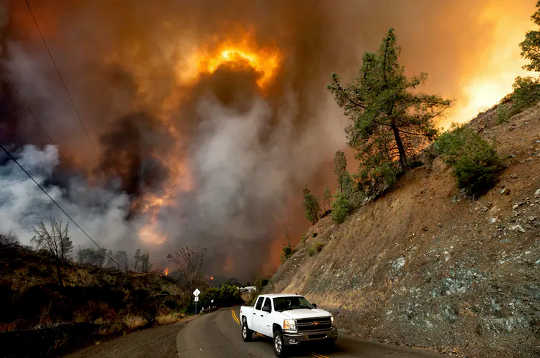
If I dare to give the coronavirus credit for anything, I would say it has made people more conscious of the air they breathe.

Heatwaves undoubtedly bring a certain joy at the opportunity to be out in the sunshine. But as the planet heats and weather records tumble, increasingly normal bouts of baking heat aren’t all sun and games.
 Malnutrition can lead to stunted growth. A new study of children in Bangladesh implicates 14 types of bacteria in the small intestine.
Malnutrition can lead to stunted growth. A new study of children in Bangladesh implicates 14 types of bacteria in the small intestine.

Reviews of hundreds of studies show that a growing number of chemicals—in pesticides, flame retardants, and certain plastics—are linked to widespread health problems, including infertility, diabetes, and impaired brain development.
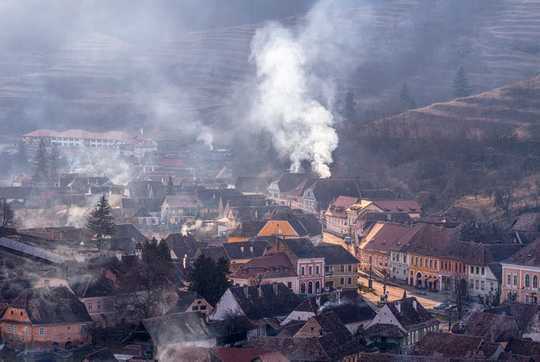
There’s a lesser-known source of pollution causing billions of dollars worth of health costs every year: indoor wood-fired heaters.
 American communities with more fast food restaurants, a larger share of extraction industry-based jobs, or higher population density have shorter life expectancies, according to new research.
American communities with more fast food restaurants, a larger share of extraction industry-based jobs, or higher population density have shorter life expectancies, according to new research.

Experiencing wildness is particularly important for physical and mental health, according to a new study on urban parks.

Scientists estimate that each year in the U.S., outdoor air pollution shortens the lives of about 100,000 people by one to two decades.
Page 2 of 8

